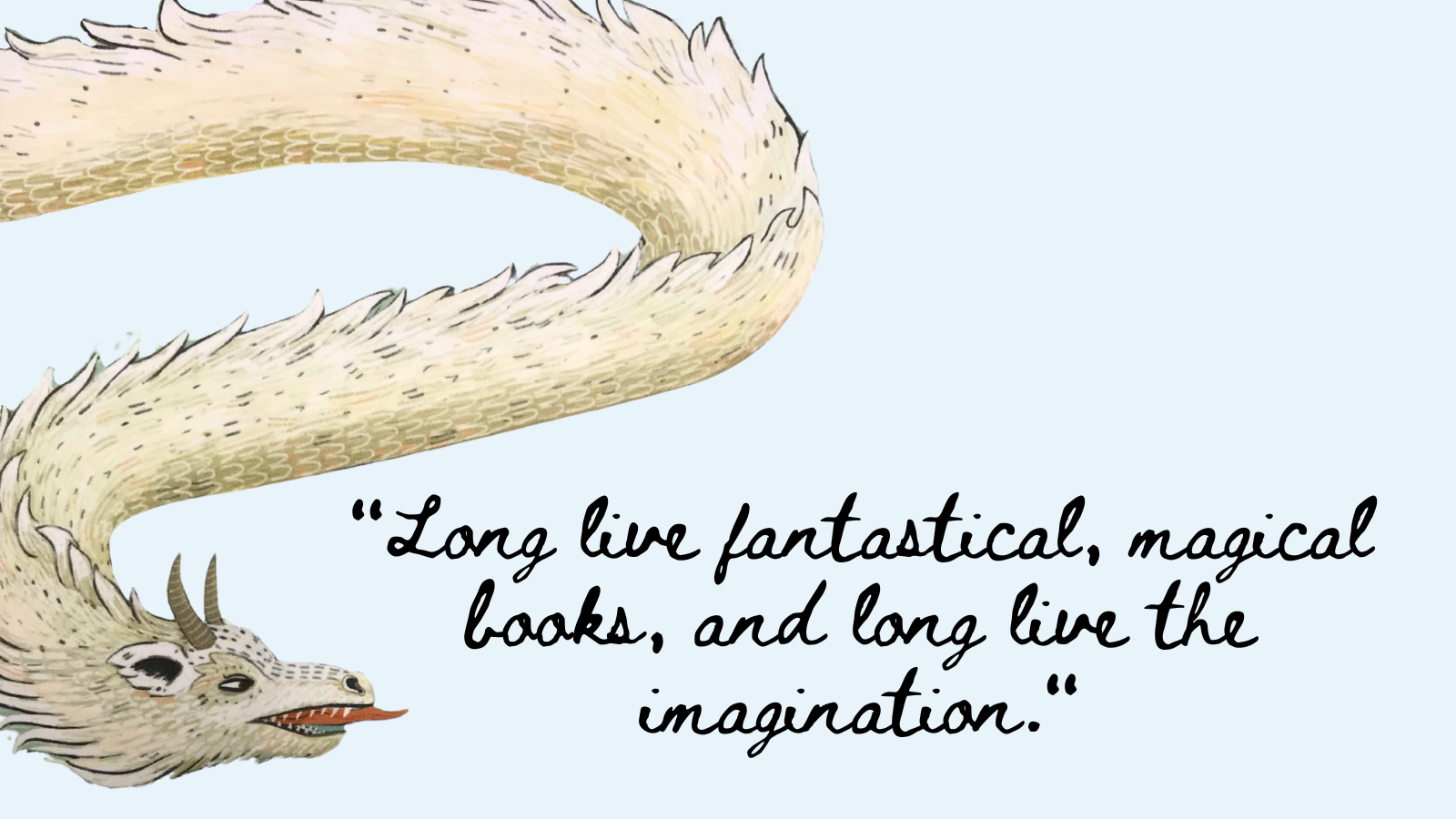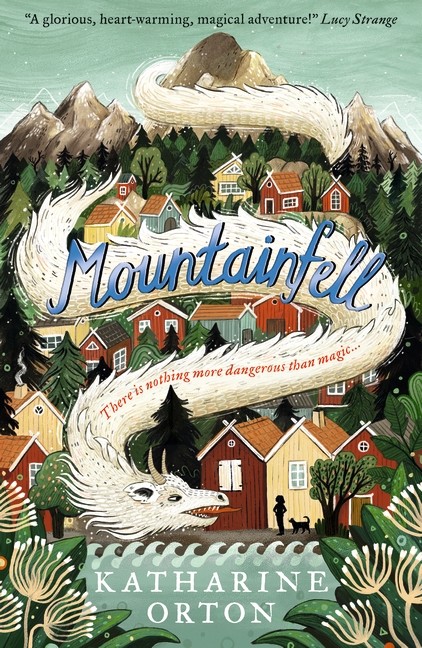Please note that we will automatically hold all schools orders from 16–20 February due to the half-term break. If your school remains open for delivery and you'd like your books delivered during that week, please let us know by calling us on 0121 666 6646 or emailing hello@peters.co.uk.
For help, advice and telephone ordering call our team on 0121 666 6646
Are you sure you wish to delete this basket?()
This action cannot be undone.
Sorry, something went wrong
Please report the problem here.
Author Katharine Orton on reading and writing about magic
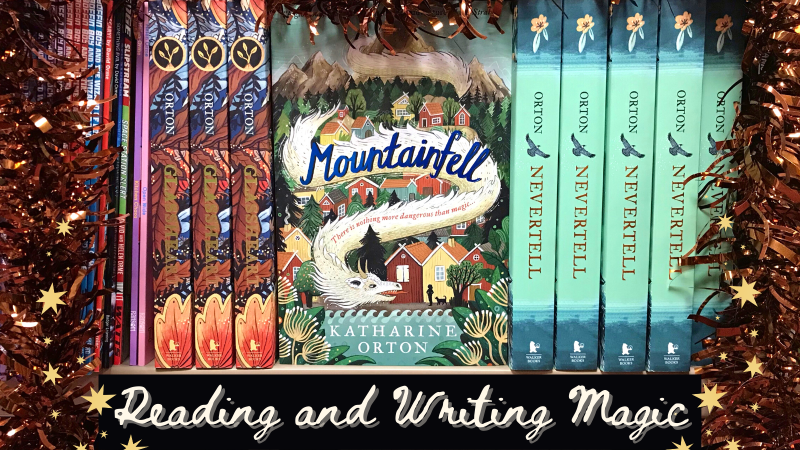
December 16th 2022
 |
About Katharine Orton Katharine Orton was (and still is) an avid read of fantasy and folklore, believing one day she'd discover a new realm or find a different reality at the edges of our own. Soon enough, she started writing down her own creations and has published three junior fiction fantasy novels: Nevertell, Glassheart, and Mountainfell. Based in Bristol, Katharine keeps a collection of keys for locks and places that no longer exist. |
Author Katharine Orton's recent release, Mountainfell, continues her talent for magic-making with a young girl's heroic quest to save her sister from a cloud dragon. The author took over our blog to tell us why magic is a wonderful thing to read and write about. Plus our schools team have conjured up some spellbinding suggestions for bringing magic into the classroom...
I love reading stories with magic in them almost as much as I love to write them. When I was young, the otherworldly wonder in books like Ice Palace by Robert Swindells and the Narnia series gripped me in a way that more realistic stories didn’t. Never has a day gone by, in fact, that I haven’t seen an old ornate wardrobe and thought, I wonder if there’s a magical kingdom and a faun in there…
Perhaps unsurprisingly, then, all three of my books contain magic – from sorcery in Nevertell to shapeshifting in Glassheart, and the discovery of characters’ own unique powers in my most recent book, Mountainfell. So why is magic such a rich and compelling thing to write (and read) about?
Magic is a stand-in
So often, magic stands in for something else. In Mountainfell, while Erskin is on a mission to traverse the mountain and rescue her sister from the terrifying cloud dragon, she begins to discover the land contains its own source of magic, which is seeping into her and giving her powers. Aside from it being fun to write about (and hopefully to read about, too), what I also wanted to get across through the mountain’s magical gifts was that feeling of discovering – and learning to love – our own uniqueness.
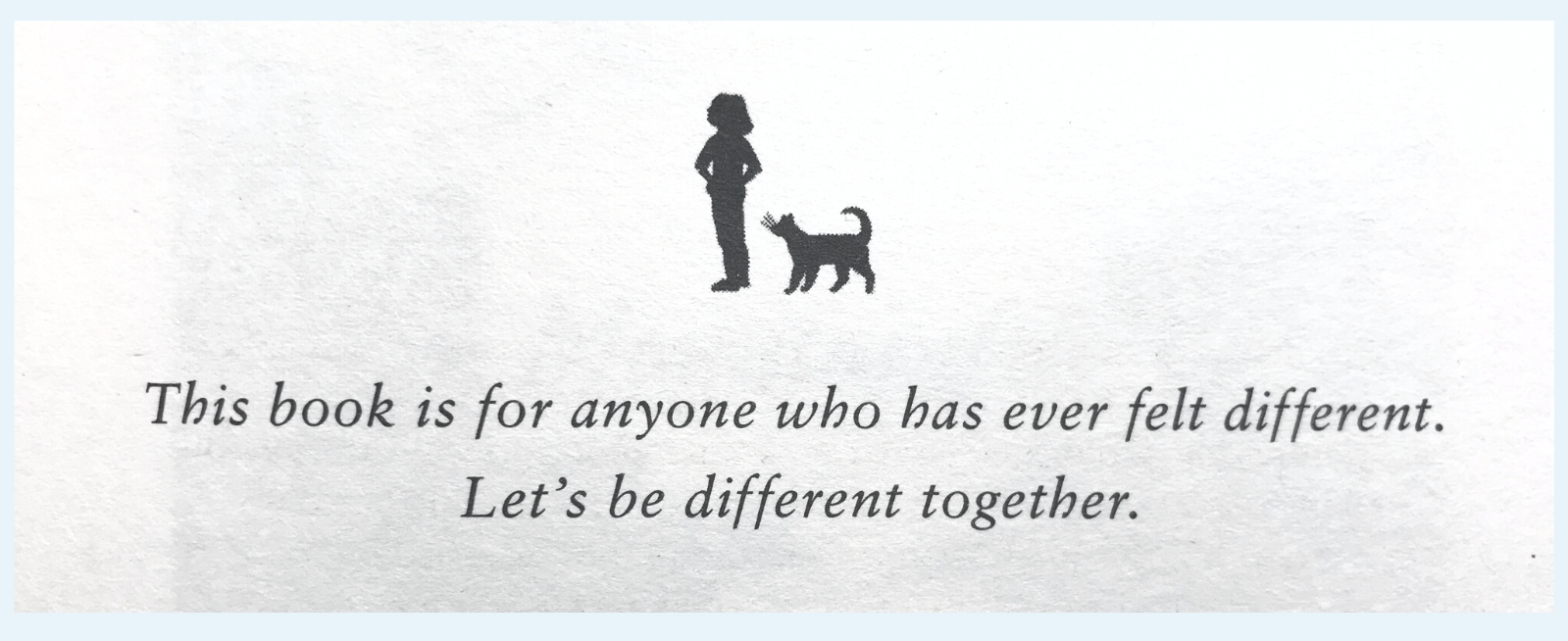
Katharine dedicated Mountainfell to readers who ever felt different, using fantasy as a space for celebrating children's ( and adults') uniqueness.
It allows for thought experiments
By saying magic exists in fiction, we’re also saying anything’s possible, and that allows for some brilliant what-ifs. What if we could hear what other species – even trees – were thinking, for example. Curiosity is written into our DNA. Children’s curiosity and testing of ideas is particularly insatiable (there’s always a “why?” lying in wait!), and that’s brilliant. It’s truly the lifeblood of the imagination.
It helps us learn through play
Since for ever, humans – and many other creatures – have learned through play. It allows us to try out real scenarios and test our world, explore our emotions, our thoughts and ourselves, all at a comfortable distance and in safety. The same goes for reading, writing and imagining, too. And, as with my other books, Mountainfell became my playground for a while.
It’s escapism, pure and simple
Listen. We’re born with the ability to imagine things which aren’t real, and many of us enjoy it no end. So what better reason could there be than to indulge in a bit of pure escapism thanks to reading or writing about magic? Yes, I had themes I wanted to explore in Mountainfell. But also, I just thought the idea of being able to talk to a pet cat, ride on the back of a dragon, and brave the unknown in a fantastical landscape sounded … really awesome. Those things were so much fun to write about.
In a world where we focus so much on what’s around us, it’s easy to forget that ideas shaped it, and still do. After all, everything we humans have ever made started as an idea, from the light bulb to the smartphone. So, long live fantastical, magical books, and long live the imagination! Perhaps the magical and the real aren’t so totally separate after all.
Bringing magic to the classroom to encourage reading for pleasure
Our qualified librarians and schools teams at Peters bookshop were inspired by Katharine's compelling call to read and write about magic. Anna, Steph, Lucy M and Dawn have come up with some imaginative ideas to get your primary pupils reading for pleasure, writing and even making magic in the new year!
 |
"You could decorate your classroom or library space like the fantasy story's setting. On World Book Day, we decorated our school library with Alice in Wonderland imagery and dressed up as the characters. We set activities, such as describing the Mad Hatter's tea party, which pupils could complete in the library. We were all immersed in the magical world of the story." - Steph |
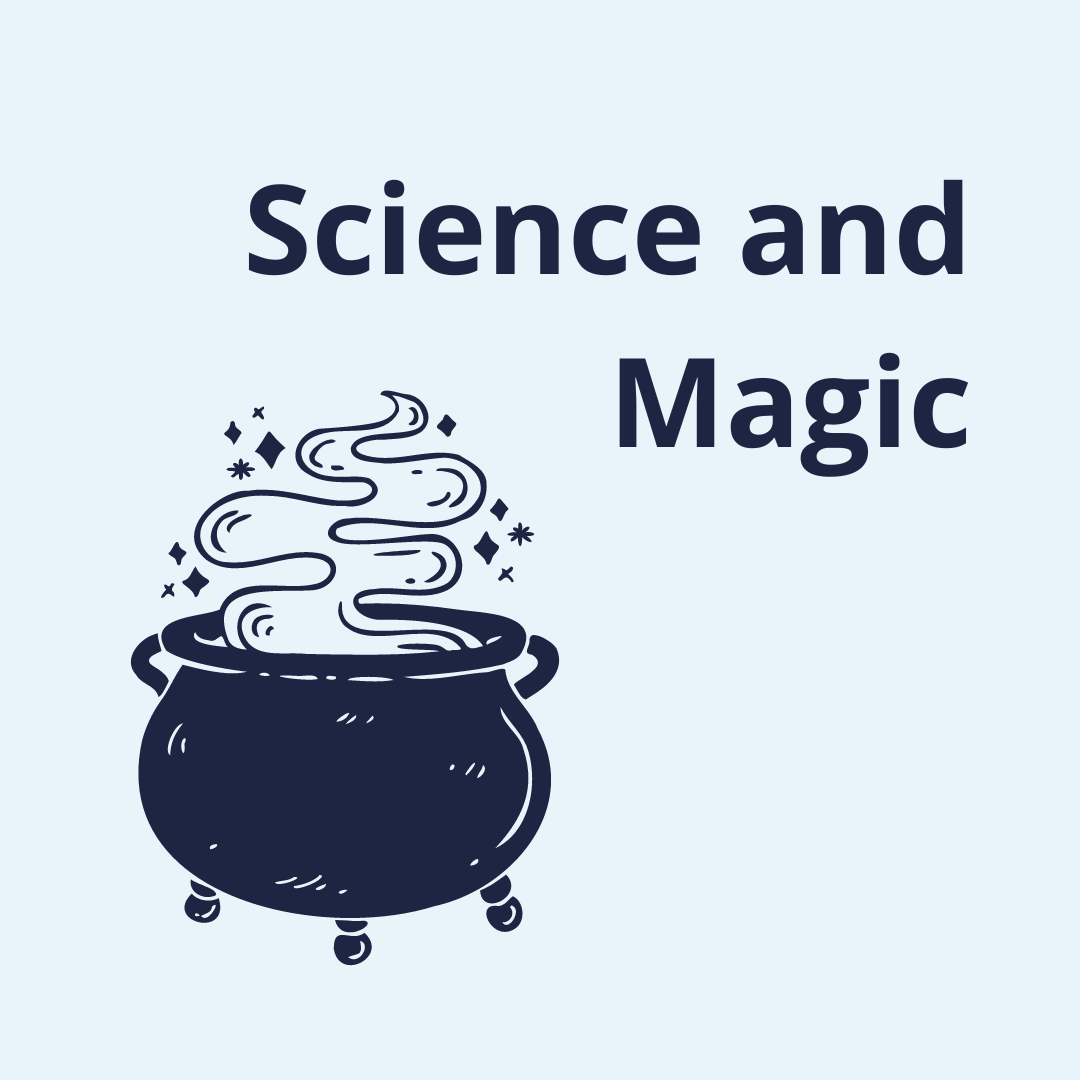 |
"For younger pupils, science can appear like magic. Nature can be magical, too. Spotting natural phenomena like spiderwebs and frost patterns can be a great starting point for descriptive writing. How might you make something like a spider web sound magical? Arranging some simple science experiments for your pupils to get involved with can also tie science and reading together. It will be like you're making magic." - Dawn |
 |
"Students making their own 'spells' always goes down well - fire burn and cauldron bubble. Students can write a list of strange ingredients, which secretly gets them practising poetry skills. You can also create lists of magical words which are used in fantasy stories to improve vocabulary." - Lucy M "Roald Dahl's George's Marvellous Medicine is a great book for practising reading aloud, as it's funny and engaging. Children can also come up with their own medicines for a family relative they would like to improve! They love the concept and they include all sorts of revolting items… but subtly it means that you can teach them essential objectives that can be very dry otherwise e.g. imperative verbs (slice, dice, chop) and time conjunctions for ordering (firstly, eventually, etc). You can also purposefully teach some of the more obscure punctuation through instructions or recipes, e.g. : ; () ! ?" - Anna |
📚 READ NEXT: AUTHOR ALLISON RUSHBY REVEALS THE SPOOKY INSPIRATION BEHIND THE GHOST LOCKET

